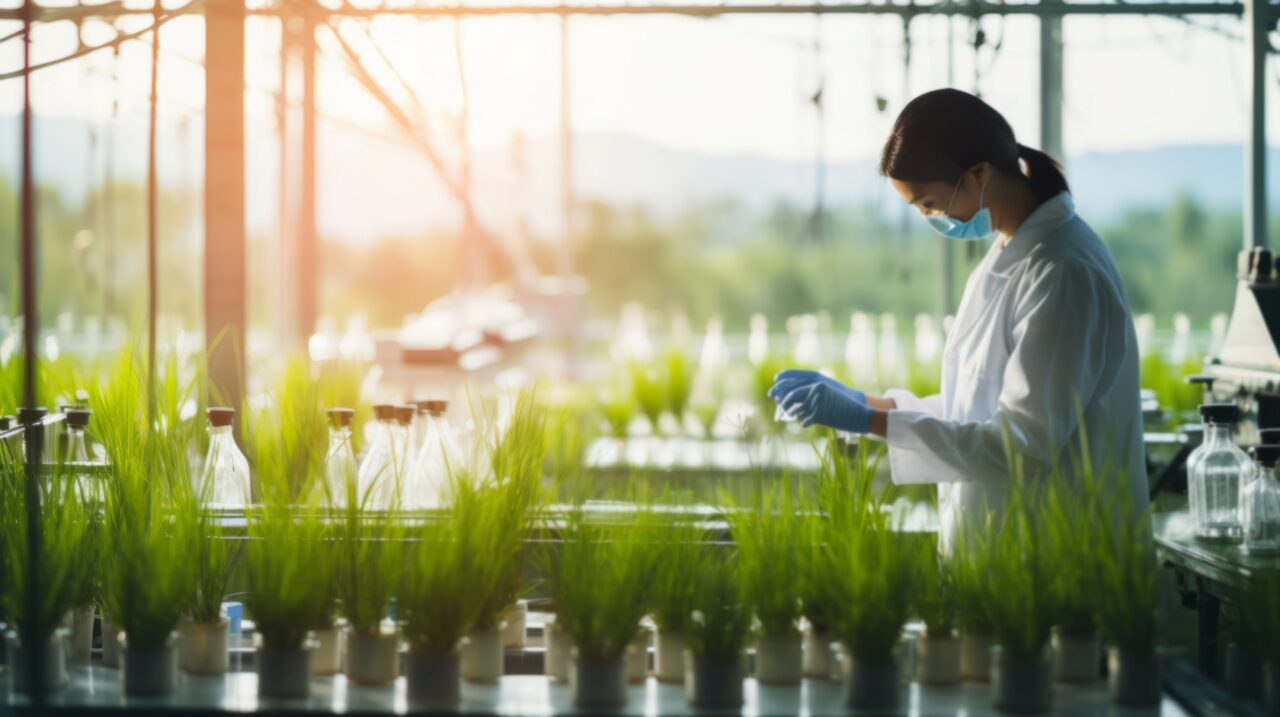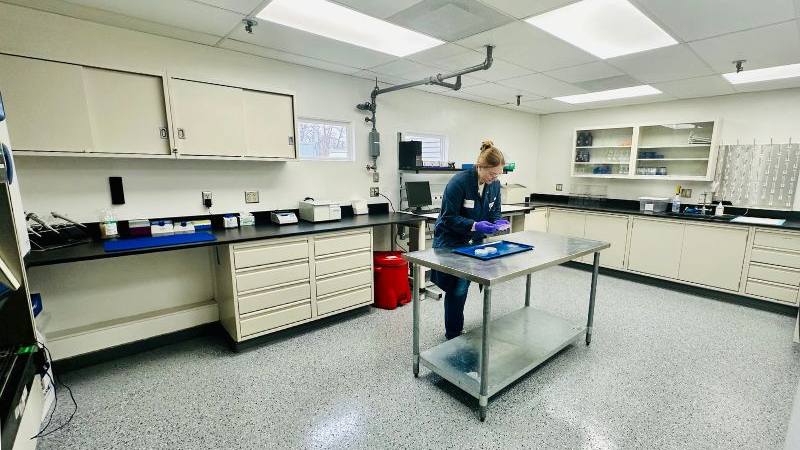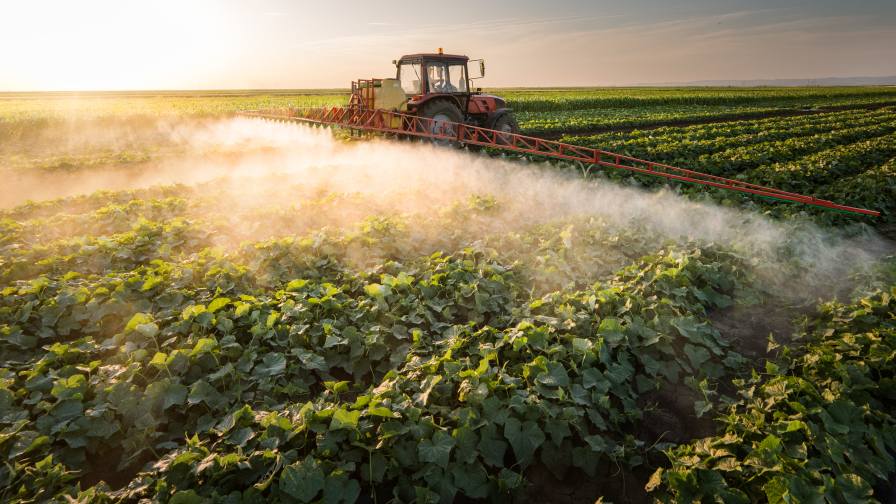Ag Tech Talk: EarthDaily Agro’s Aldo Rosette Discusses Satellites in Agriculture
In this episode of Ag Tech Talk by AgriBusiness Global, we’ll be chatting with Aldo Rosette, Senior Account Executive of EarthDaily Agro, as he shares how satellites are revolutionizing the way we approach agriculture by providing space-level data.
* This is an edited and partial transcript of this podcast.
ABG: How does the use of space-level data and analytics revolutionize the way organizations and individuals approach agriculture and food production?
AR: Space level data is invaluable for understanding conditions from the field to a global scale. This data is crucial for production and forecasting, with the space industry playing a key role in providing insights that support data-driven decision-making for farmers. It enhances productivity by offering near real-time insights into their fields. Utilizing space-level data allows us to predict crop production and conditions, giving customers a competitive edge. This information is essential for understanding crop production trends and addressing potential issues in food supply.
ABG: How will the scientific-grade data improve decision-making processes for farmers and agricultural organizations?
AR: Having high-quality scientific data on a daily basis is something we currently lack. For instance, in areas where cloud cover is an issue or where frequent imaging is needed, this capability will provide valuable data. It will enable us to monitor productivity, health, heat, stress, and other indicators, such as red vents, to assess crop progress. This data will be extremely important for farmers and organizations, aiding in better decision-making regarding input allocation, timing of applications, and other critical activities.
ABG: How do you envision the role of advanced data and analytics in addressing global challenges such as food security and climate change?
AR: Food security is key. We will introduce a thermal band that is sensitive to methane, which will be invaluable for tracking emissions. Additionally, thermal bands will help us to monitor and predict the probability of wildfires. This is especially critical given the recent increase in emissions from wildfires, such as those in Canada.
In Brazil, we also face significant challenges with fires, particularly in the Cerrado, the Brazilian savannah, and the Pantanal, which are roughly six times the size of the Everglades. Monitoring these regions is crucial for managing and mitigating fire-related issues, whether naturally occurring or manmade.





